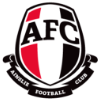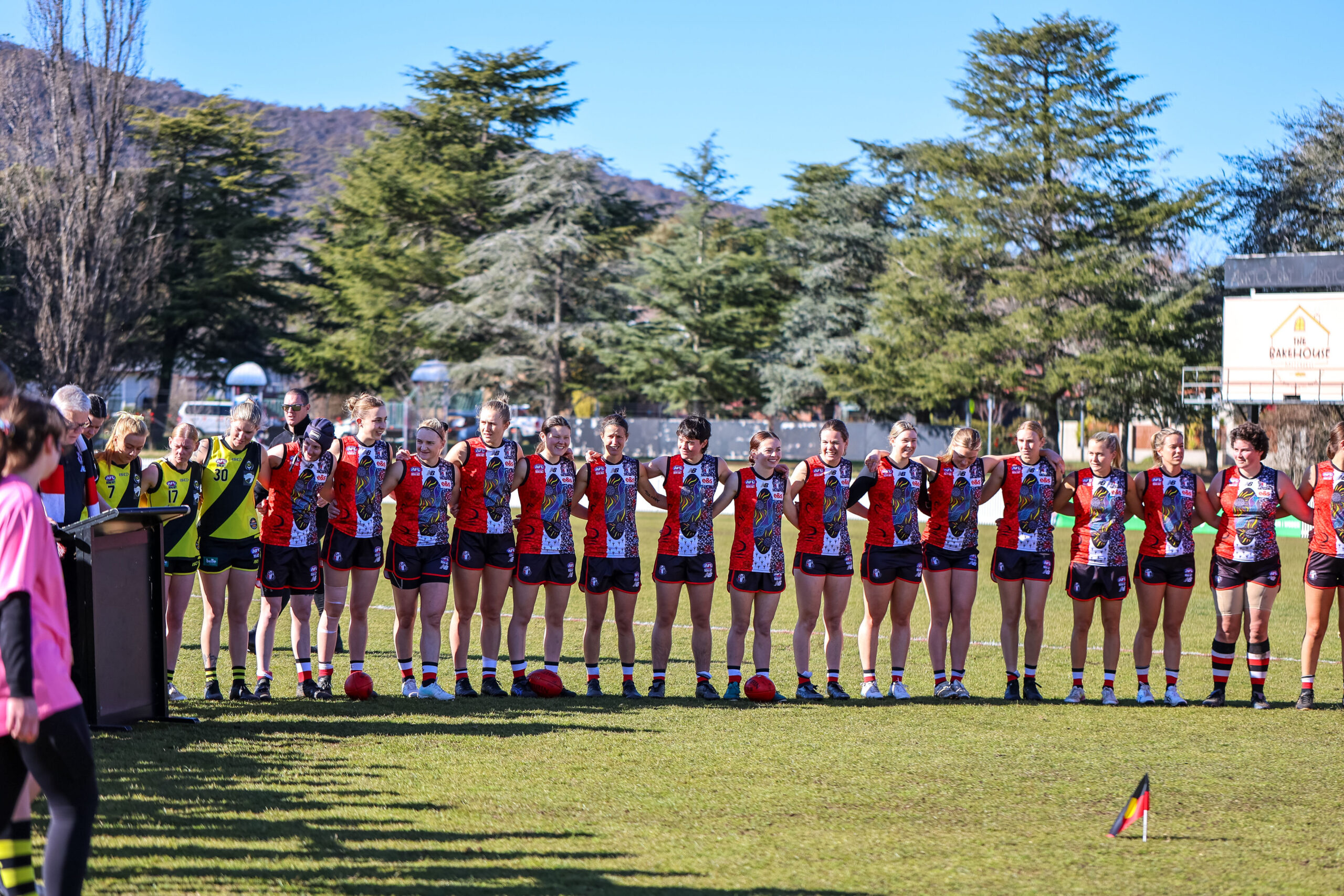Whilst Indigenous Round retains the same fantastic displays of football we’ve seen this home & away season, it is also a time for us to reflect on what the round represents as well as learn about Ainslie’s connections to First Nations people.
Acknowledging the land Ainslie is located on in Ngunnawal & Ngambri Country, and a thanks to the leaders’ past, present and emerging for the ground we play on.
Last weekend saw Ainslie’s Seniors face off against Queanbeyan at Alan Ray Oval, with Community Grades away against Woden. Coming away with mixed results overall, the energy on the field was high between the rivals with large turnouts by both local Ainslie supporters and the Queanbeyan crowd.
Ainslie once again donned the now iconic Indigenous guernseys that still retains the tri-colour layout with added designs meant to invoke the history of the club as well as the connections the club has with Indigenous culture.
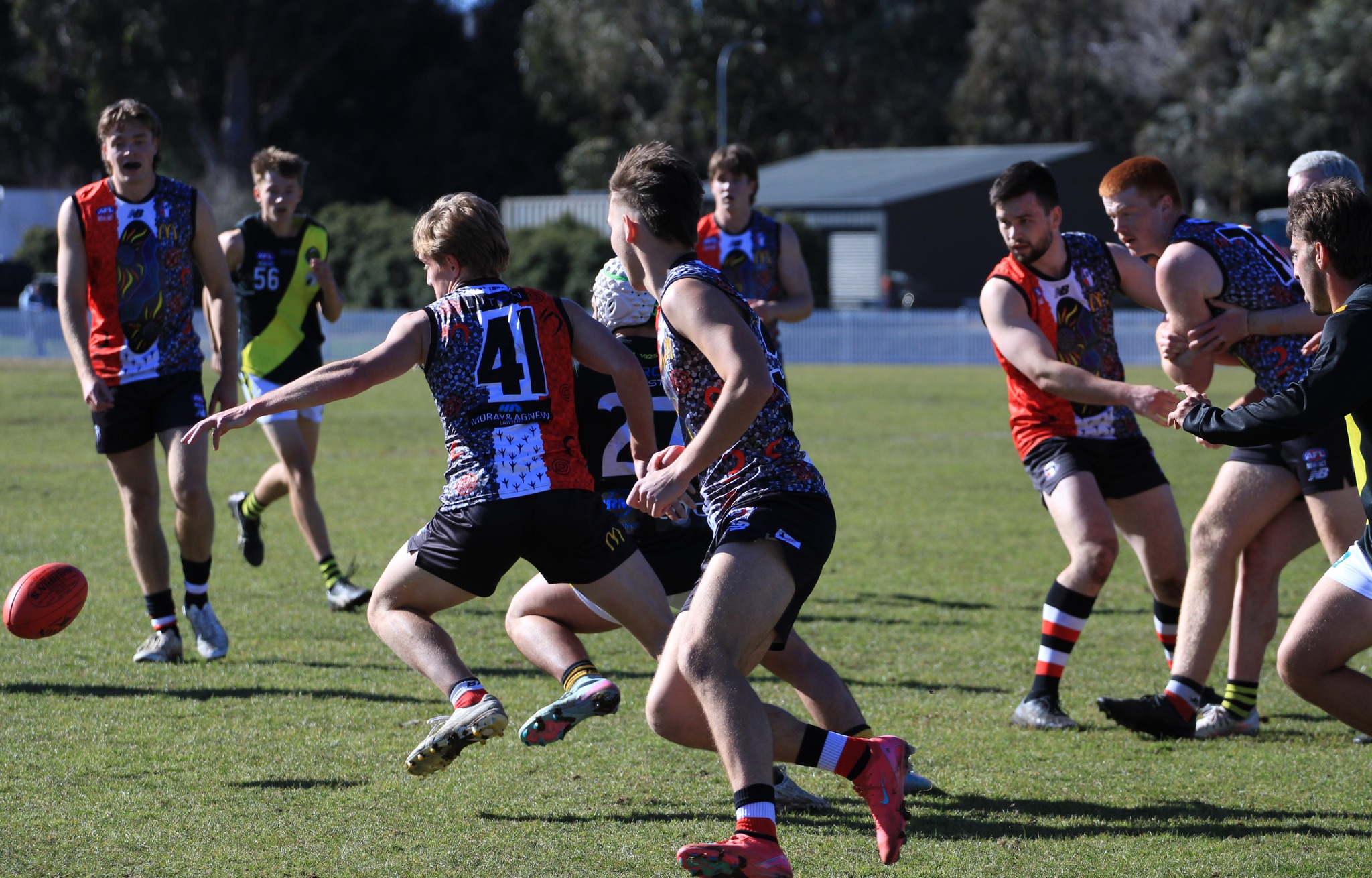
Our mission is to remember and acknowledge the people who’ve contributed to building and shaping Ainslie to the prominent club we see today. The process of storytelling is one of the key lessons of Indigenous Round, not just to celebrate our past; but to tell stories and make new ones to continue to share.
In acknowledging significant contribution, Bob Bloomfield must be named. Coming to Ainslie by way of push bike from his hometown of Hay in the early 30s and staying with us until the 80s, Bob was one of Ainslie longest serving players, coaches, and members.
A Proud Wiradjuri Man, he was always the picture of humbleness and determination. Earning the Mulrooney Medal in 1940 he was someone who always took to the field with discipline and kindness.
After wrapping up his playing career Bob would continue with the club working in practically every role possible with the club but notably worked with other club legends to create a separate leadership structure for the junior players. Between that, coaching, and training; Bob was someone who was always teaching the next generation how to be great players and kind people.
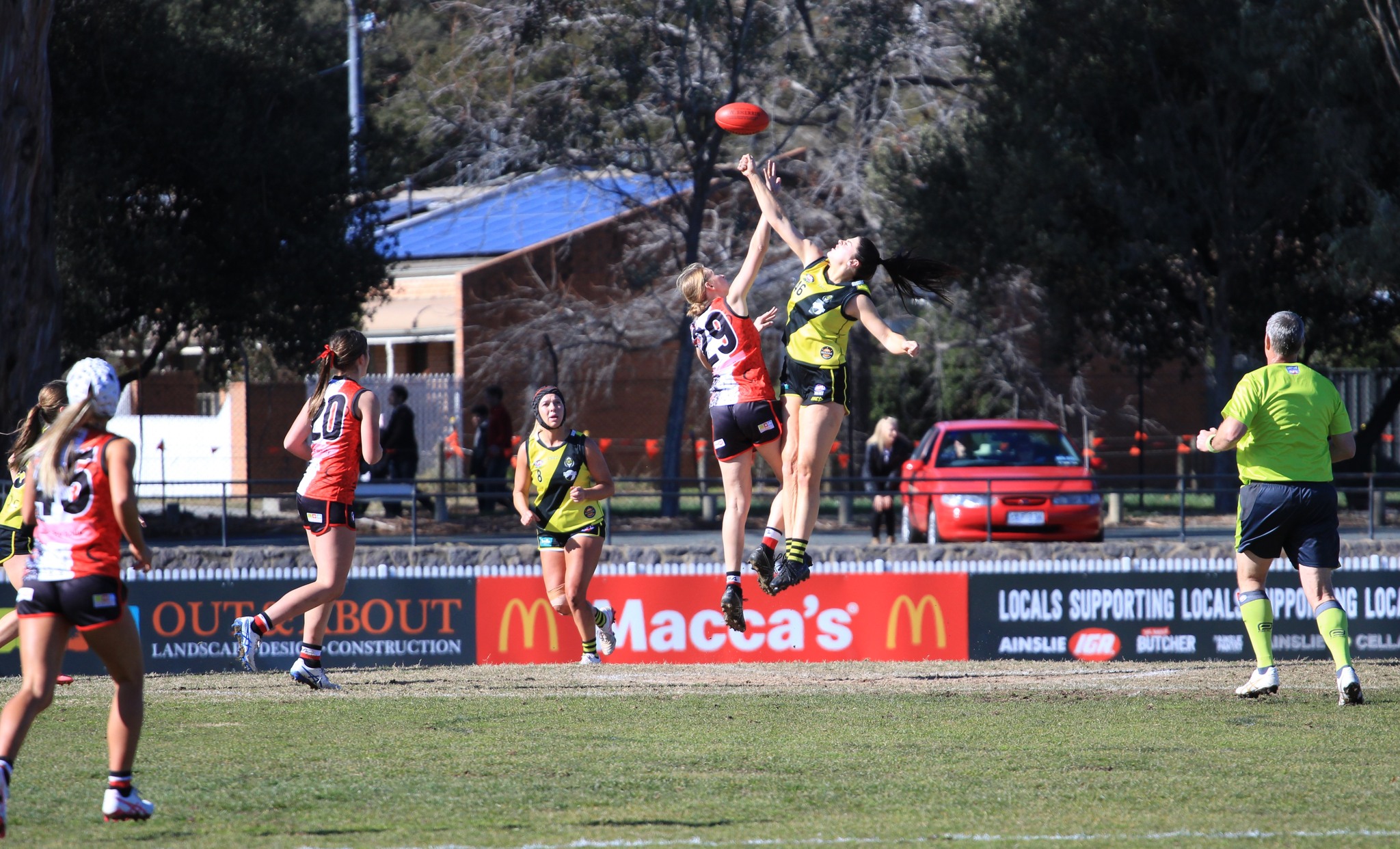
This week we had the opportunity to speak to Ainslie past player, Georgia Jaques. An incredibly talented and successful junior player, drafted to Port Adelaide in the 2023 AFLW Supplementary Draft. The move from Canberra to Adelaide has allowed Georgie to more freely connect with her Indigenous roots, Georgie’s family descends from the Ngaanyatjarra people and Pitjantjatjara people.
Whilst a great player on the field, off the field she has pursued social work studies at university; following in the footsteps of her mother and also chasing her own dreams of working with rural communities across Australia. It is through work like this she aims not only to help get more Indigenous kids playing AFL, but also to teach them lessons and values which will guide them through their life.
In celebrating our First Nations people through Indigenous Round, the Ainslie Football Club launched our “Play Proud, Play Deadly” Campaign – highlighting why this round is so important in achieving reconciliation.
Check out the campaign and find out how far our roots spread.
Through this campaign, we spoke to current Ainslie player Nathan King who belongs to the Gunditjmara and Bundjalung peoples, sharing some of his family history and the impact of of the stolen generation policies;
“My grandmother and all 7 of her siblings, including her brother, singer songwriter Archie Roach, were taken away from their parents at young ages, all on the same day, as part of stolen generation-related governmental policies, never to see their parents again. To this day, this causes our family heartache and an extreme loss of culture, including lost language, land, traditions, and lives. Common stories like these are why having NAIDOC Week is so important for our people, so that we may celebrate what we have fought for and kept, and to celebrate our successes in the face of such adversity, much like my Uncle Archie achieved.”
Our values as a club are not dissimilar to those fostered by First Nations people – the history of Ainslie lives on through our stories, culture and style of football. We endeavour to continue to celebrate and acknowledge the Traditional Owners through cultural sustainability at our club, teaching future generations about our shared history as we walk forward, together.
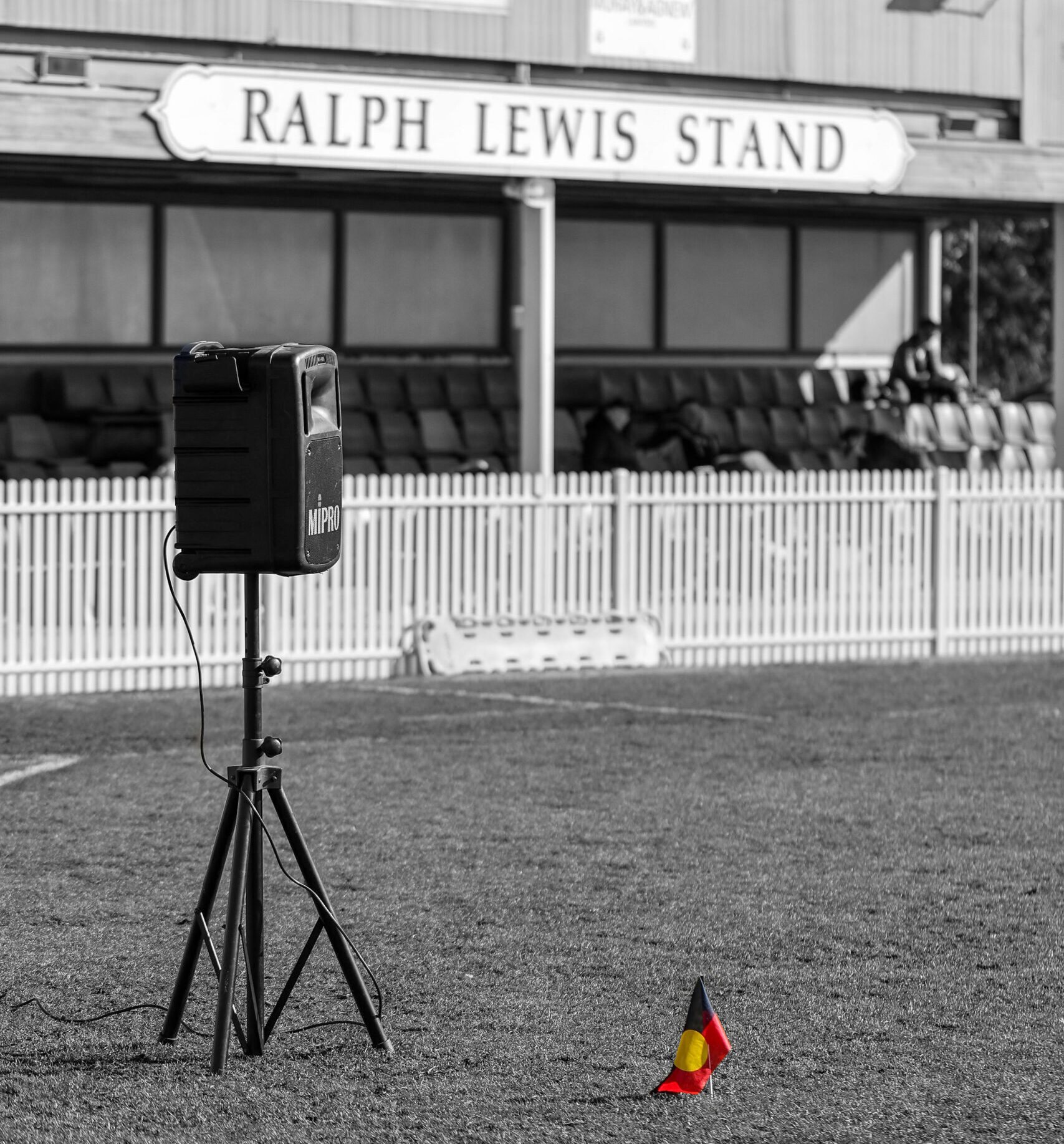
Lachlan Dixon
Journalism Intern Student, University of Canberra
As a personal thanks, I always appreciate the opportunity to write these articles with the sound of singing birds ringing across the field.
